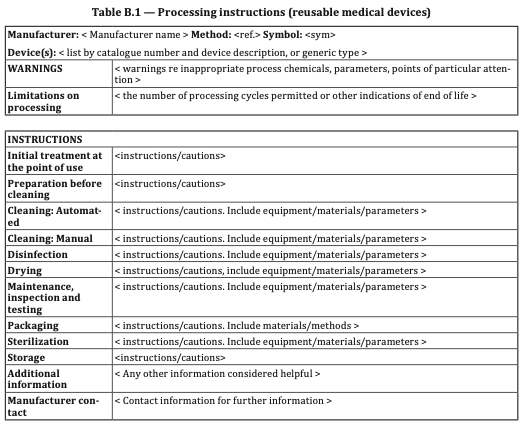In the realm of healthcare, patient safety is of paramount importance. To ensure the highest standards of care, it is crucial to implement robust measures that prevent cross-contamination. One such measure that plays a vital role in this regard is conducting leak tests. In this blog post, we will explore the significance of leak tests in preventing cross-contamination among patients.
The Threat of Cross Contamination
Cross-contamination occurs when pathogens or harmful substances are unintentionally transferred from one patient to another, leading to potential infections and complications. This can happen through various means, such as contaminated medical devices or inadequate sterilization procedures. As the number of medical procedures and interventions continues to rise, the risk of cross-contamination becomes increasingly significant.
The Role of Leak Tests
Leak tests are designed to verify the integrity of medical devices, such as infusion sets, catheters, endoscopes or blood bags, ensuring that they are free from leaks or defects. By identifying potential weak points or flaws in these devices, leak tests help prevent the escape or introduction of contaminants, thereby reducing the risk of cross-contamination.
Ensuring Device Safety
Medical devices are subject to rigorous testing and regulatory standards to guarantee their safety and effectiveness. Leak tests form an integral part of this evaluation process. They are performed during manufacturing, before distribution, and periodically during the lifecycle of the device. By detecting leaks early on, manufacturers can address any issues promptly, ensuring that only reliable and safe devices reach healthcare providers and patients.
The FDA's Perspective
The U.S. Food and Drug Administration (FDA) acknowledges the significance of leak tests in maintaining patient safety. In fact, the FDA's Manufacturer and User Facility Device Experience (MAUDE) database provides a valuable resource for tracking adverse events related to medical devices. The database includes reports highlighting the consequences of device leaks, underscoring the importance of thorough testing and leak detection measures.
Preventing Infections and Complications:
Leak tests contribute to reducing the risk of infections and complications associated with medical procedures. Leaks in devices can potentially lead to bloodstream infections, sepsis, or other adverse events. By conducting thorough leak tests, healthcare providers can identify faulty devices and prevent such occurrences, safeguarding the well-being of their patients.
Implementing a leak tester in your process:
Case:
A study coordinator (physician) reported, after an ureteroscopy using a urf reusable ureteroscope (exact model and serial number not provided). A patient contracted hepatitis b. The physician suggests insufficient sterilization prior to using the reusable ureteroscope as the possible cause. No additional consequences to the patient were reported. It is not known what interventions /treatment the patient received as a result. The exact model and serial number were not provided. The investigation is ongoing. Full case here.
Conclusion:
In the pursuit of patient safety and quality care, leak tests play a vital role in preventing cross-contamination. By ensuring the integrity of medical devices, these tests help identify leaks or defects, minimizing the risk of introducing harmful substances or pathogens to patients. As healthcare providers and manufacturers continue to prioritize patient safety, comprehensive leak testing protocols should be implemented and adhered to consistently. By doing so, we can foster a healthcare environment where patients can receive the highest standards of care while minimizing the risks associated with cross-contamination.




